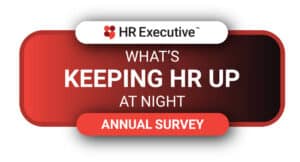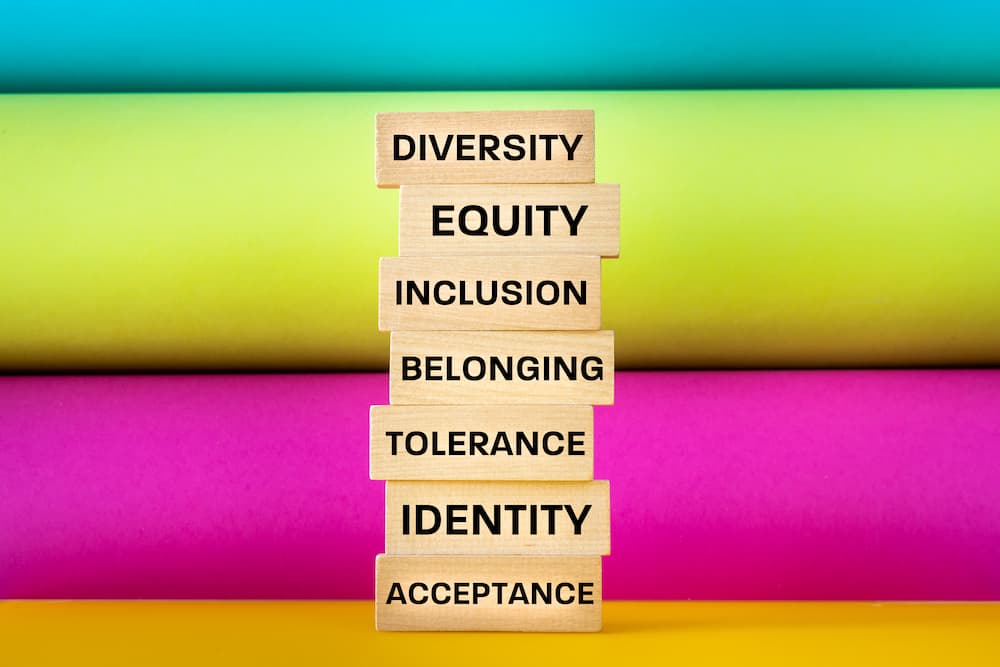The concept of corporate DEI was a divisive one in 2024—and it’s not looking like the environment will become any more unified this year. The headlines in the last few weeks tell the tale: Fast food giant McDonald’s became the latest corporation to announce it would move away from stated diversity goals; yet, a few days previously, the board of directors of Costco—the fifth-largest employer in the world—unanimously voted against a shareholder proposal to evaluate and consider the “risks” of its DEI work.
Costco’s board blasted the proxy proposal from a conservative think tank for its “broader agenda”: the “abolition of diversity initiatives.”
The retailer’s position appears as something of an aberration in recent months, as large organizations like Walmart, Lowe’s and John Deere have announced plans to roll back DEI programming. And with an incoming federal administration that has stated opposition to the principles of DEI work, the landscape for organizations looking to stay the course on DEI may get even more challenging.
“I think one of the most controversial areas of the HR profession today is inclusion and diversity,” says Melissa Anderson, executive vice president and chief people and transformation officer for specialty chemicals manufacturing company Albemarle.
In addition to her work at Albemarle, Anderson is also a board member and past chairwoman of SHRM. The world’s largest HR association drew sharp criticism from across the profession this summer when it dropped the word “equity” from its DEI strategy work.
It’s a move that has been mirrored in corporate DEI shifts as organizations dial back the emphasis on diversity and equity that exploded in the wake of the 2020 murder of George Floyd and instead prioritize inclusion.
“SHRM has taken a number of provocative stances that, if I was left on my own, I probably would’ve gone down a different path,” says Anderson, a recently inducted Fellow of the National Academy of Human Resources.
Anderson calls the SHRM announcement “very well-intended,” but she notes it “didn’t have the expected impact. In fact, it has caused more of a backlash in some areas.”
However, Anderson says, she “listened and looked at the data” and appreciates that there’s “a lot of evidence that says what we’re [currently] doing [on corporate DEI] isn’t optimal. There are opportunities to improve it.”
Despite the criticism, SHRM’s move highlighted for Anderson the challenges and opportunities of moving away from conventional HR approaches.
“For me, I would say the SHRM experience taught me that it’s easy to fall back on traditional thinking and traditional solutions that helped you in the past,” she says, “but you have to be willing to innovate and think about things with a fresh set of eyes.”
According to HR Executive’s recent What’s Keeping HR Up at Night? research, HR professionals are indeed rethinking DEI strategies.
 For instance, only about 3% of the approximately 400 HR professionals polled cited DEI as a top HR challenge in 2024, compared to nearly 6% the previous year—a significant drop from the more than 11% of HR professionals concerned about DEI in 2020.
For instance, only about 3% of the approximately 400 HR professionals polled cited DEI as a top HR challenge in 2024, compared to nearly 6% the previous year—a significant drop from the more than 11% of HR professionals concerned about DEI in 2020.
In the most recent survey, when asked where they were spending most of their time, just 1.5% of HR pros pointed to DEI—a figure that was more than double the previous year and nearly 10% in 2020. And HR leaders don’t seem concerned about their ability to ramp up this work: Just 0.7% said they need more staff to handle DEI strategy, compared to more than 3% in 2023—and 10% five years ago.
At the same time, there appears to be a continued willingness to use DEI as a talent attraction tool, as nearly one-third of respondents said they want to leverage DEI strategy to improve employee experience and retain talent in the coming year.
That may suggest the heart of the DEI challenge facing HR in 2025: executives and boards who want to move away from traditional DEI strategies of the last few years—and HR leaders who still recognize the talent impact of a strong DEI strategy.
Opportunity: the key to driving forward inclusion
HR leaders concerned about the implications of publicly pulling back from DEI commitments will need to be particularly strategic when it comes to how they communicate to current and prospective candidates about DEI strategy, Lorrie Lykins, vice president of research for i4cp, recently told HR Executive.
Beyond messaging, as organizations look to recalibrate DEI strategies to focus on inclusion, they will also need to look outside the traditional DEI lens to make that work genuine—including by bolstering employee support and company culture, Anderson says.
For instance, as the wealth divide in the country continues to grow, HR may be challenged to secure employee buy-in for inclusion efforts if a significant portion of the workforce is struggling to have their basic needs met.
“If you’re worried about things like food scarcity or not having health benefits for your family—all of the things that people living at the poverty level are struggling with—it’s hard to care about all the things we want them to care about when it comes to creating an inclusive environment,” she says. “It’s hard to care about others like we want people to if they’re not feeling safe and secure themselves.”
One of the most sustainable ways to drive an inclusion-focused strategy in the future is by ensuring all employees “see the opportunities for a productive life” with the organization, Anderson says. She points to the success of recruitment efforts like removing educational requirements and incorporating formerly incarcerated candidates. Such work can be strengthened with ongoing investment into employee training and development, she adds.
“A big piece of what’s broken with DEI right now is that people don’t feel like they have the opportunity to be successful and see a path forward for themselves,” she says. “All of that has to be solved in order for people to feel secure—and once they feel secure in their financial and overall wellbeing, that’s when they can really start to care more about others.”
Credit: Source link











